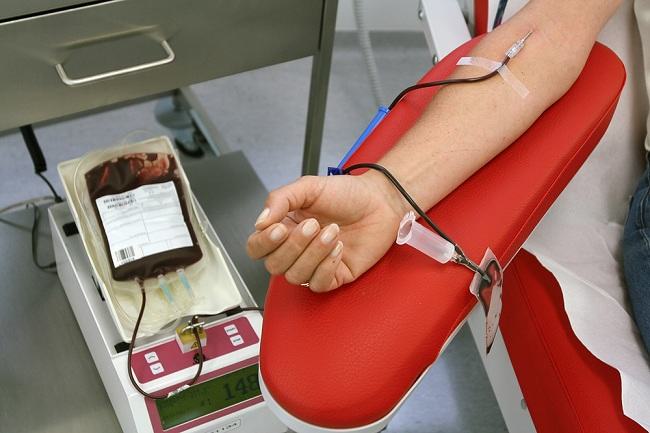COX-2 inhibitors or enzyme inhibitors cyclooxygenase-2(COX-2) is a group of drugs used to reduce the production of prostaglandins. Prostaglandins are produced by the body when the body is infected or injured.
Drugs that fall into the COX 2 inhibitor drug class are used as painkillers or analgesics. COX 2 inhibitors are nonsteroidal anti-inflammatory drugs or NSAIDs that work more specifically to inhibit the COX 2 enzyme. This class of drugs is available in capsules, film-coated tablets, and injection powders.

Some of the diseases and conditions that can be treated with COX 2 inhibitors include:
- Ankylosing spondylitis
- Osteoarthritis
- Rheumatoid arthritis
- Juvenile rheumatoid arthritis
- Menstrual pain (dysmenorrhea)
- Pain from injury
- Colon polyps
Precautions Before Using COX 2 Inhibitors
COX 2 inhibitors should only be used with a doctor's prescription. Follow the doctor's advice and advice when taking treatment with COX 2 inhibitors. Before taking COX-2 inhibitors, note the following:
- Do not use COX 2 inhibitors if you are allergic to any of these drugs, NSAIDs, or sulfa drugs.
- Do not smoke or drink alcohol while taking COX 2 inhibitors, as they can increase the risk of intestinal or gastric bleeding.
- Tell your doctor if you have asthma, diabetes, hypertension, high cholesterol, liver disease, heart disease, nasal polyps, stroke, peptic ulcer, colitis, acid reflux, gastrointestinal bleeding, or blood disorders, such as anemia and clotting disorders blood.
- Tell your doctor if you are taking any medications, supplements, or herbal remedies, especially when taking other NSAIDs, such as aspirin and ibuprofen.
- Tell your doctor if you are pregnant, breastfeeding, or planning a pregnancy, before using COX 2 inhibitors.
- Tell your doctor if you will have surgery, including dental surgery or heart bypass surgery.
- The use of COX 2 inhibitor drugs in the elderly and children can increase the risk of side effects, such as bleeding.
- If you have an allergic drug reaction, serious side effect, or overdose after using a COX 2 inhibitor, contact your doctor immediately.
COX 2 Inhibitor Side Effects
The side effects that can occur due to the use of COX 2 inhibitors can vary. This depends on the type of COX 2 inhibitor used and the patient's condition. Some of the side effects that can arise from the use of COX 2 inhibitor drugs are:
- Bloated
- Exhale (fart)
- Diarrhea or constipation
- Headache and dizziness
- Hard to sleep
- Nauseous
- Throw up
Call your doctor if the side effects above get worse and don't get better. See a doctor immediately if you have an allergic reaction to the drug and serious side effects, such as:
- Liver disease, which is characterized by severe abdominal pain, loss of appetite, or jaundice
- Heart and blood vessel disease, including hypertension or heart failure
- Impaired kidney function, which is characterized by changes in the amount and frequency of urination
- Gastrointestinal bleeding, which is characterized by bloody or dark-colored stools or bloody vomit
Type, Trademark and Dosage of COX 2 Inhibitor
COX 2 inhibitor drugs should only be taken according to a doctor's prescription. Below is an explanation of the distribution of drugs and doses of COX inhibitors:
Celecoxib
Dosage form: Capsule
Trademarks: Celecoxib, Celcox 200, Celcox 100, Celebrex, Remabrex, Novexib 100|
To find out the dosage and more information about this drug, please visit the celecoxib drug page.
Etoricoxib
Dosage form: Film-coated tablets
Trademarks: Arcoxia, Orinox, Coxiron 60, Coxtor, Etoricoxib, Etorix, Etorvel, Sikstop 90, Soricox 120
To find out the dosage and more information about this drug, please visit the etoricoxib drug page.
Parecoxib
Dosage form: injection powder
Trademark: Dynastat
The dose of parecoxib for postoperative pain relief in adult patients is:
- Initial dose: 40 mg, given by injection into a vein (IV) or by injection into a muscle (IM)
- Follow-up dose: 20 mg or 40 mg given every 6–12 hours, as needed
- Maximum dose: 80 mg per day









